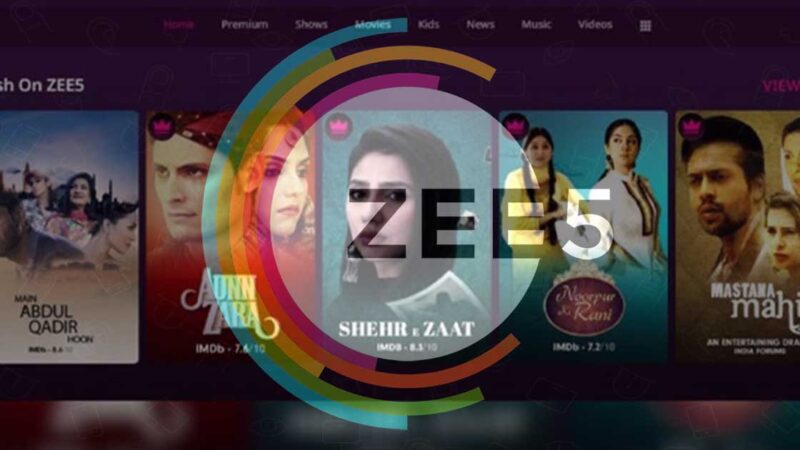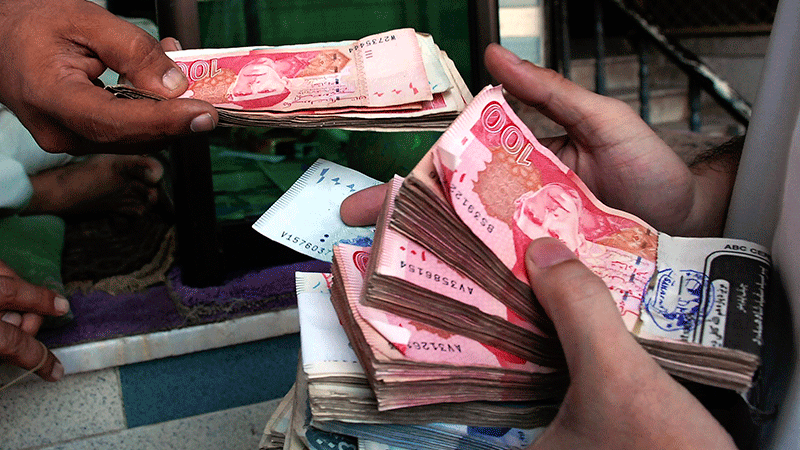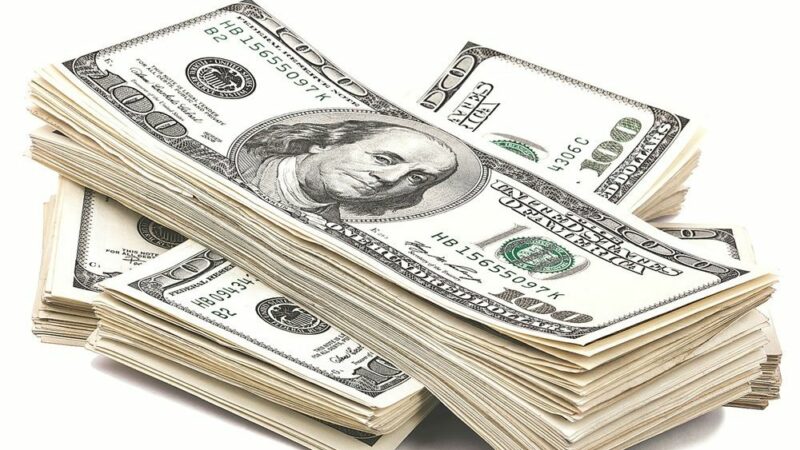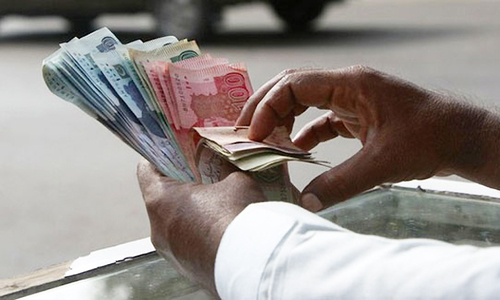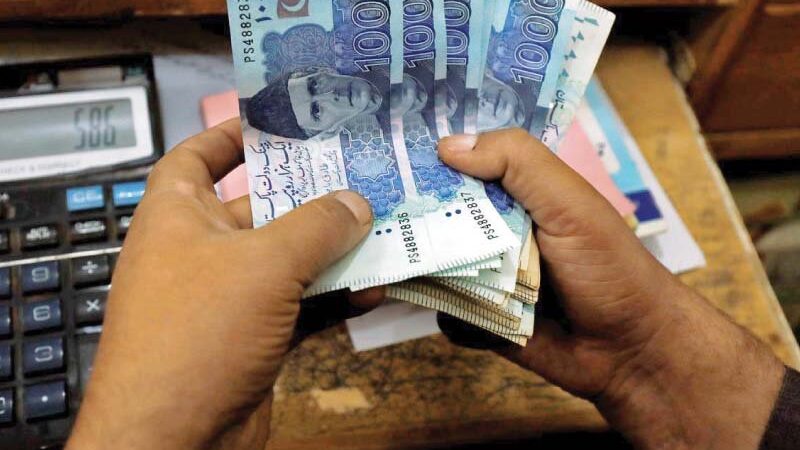The State Bank of Pakistan has barred banks from conducting online payments for electronic media content from India with immediate effect. The circular issues explicitly mentions stop payment to Zee5 video-on-demand service in Pakistan. Indian content has already been banned in Pakistan, so the new circular could hit online payments for Direct to Home (DTH) service.
The State Bank of Pakistan (SBP) has increased the printing of its currency notes to replace the coroanvirus-contaminated notes. Experts have said that following the decision, it’s likely that inflation would go up, causing prices of essential items to increase. Economist Baqir Jaffari clarified that prices of in the economy increase when the bank increases its liabilities and the money supply in the economy without any reason.
According to the weekly report of State Bank of Pakistan (SBP), foreign exchange reserves of Pakistan crossed $15.5 billion mark that are at the highest since June 2019. As per the report, the total foreign reserves of State Bank have recorded an increase of $240 million and stand at $8,682.3 million. While the commercial banks have a total of $6,895.4 million of foreign reserves.
After a gap of more than four years, Pakistan posted $99 million current account surplus in October. The latest data released by State Bank of Pakistan (SBP) showed recovery from long prevailing deficits, but four-month current account position still showed a deficit of $1.5 billion. Current account deficit in last fiscal year, clocked in at $12.75bn, down 36 per cent from record-high $19.9bn in FY18.
The State Bank of Pakistan (SBP) has launched the “Prime Minister’s Kamyab Jawan SME Lending Programme,” worth Rs100 billion for startups and small and medium-sized enterprises (SMEs). Citizens aged between 18 and 45 years may avail financing of up to Rs5 million each at a borrowing cost varying between 6% and 8% for a maximum period of eight years.

